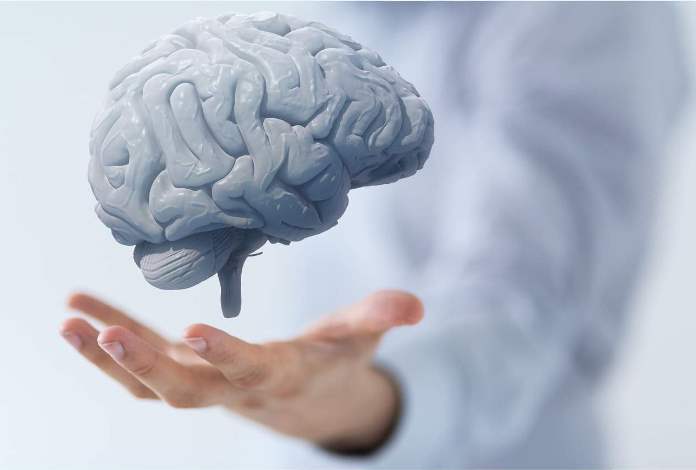20 Must-Know Facts to Harness Neuroplasticity and Improve Brain Health
 ——-
——-
June is Alzheimer’s & Brain Awareness Month, so let me share these 20 Must-Know Facts to Harness Neuroplasticity & Improve Brain Health that come from the hundreds of scientific and medical studies we analyzed to prepare the book The SharpBrains Guide to Brain Fitness: How to Improve Brain Health and Performance at Any Age:
- There is more than one “It” in “Use It or Lose It” — our performance depends on a variety of brain functions and cognitive skills, not just one (be it “attention” or “memory” or any other).
- Genes do not determine the fate of our brains. Thanks to lifelong neuroplasticity, our lifestyles are as important as our genes–if not more– in how our brains grow and our minds evolve.
- We need to pay more attention to Randomized Controlled Trials (RCTs) to verify whether any intervention causes an effect, and under what specific circumstances — The media is doing quite a poor job, in our view, to educate the general public.
- The largest recent RCT (the ongoing FINGER study) and a 2010 systematic review of all relevant RCTs provide useful guidance: First, they report a protective effect of social and cognitive engagement, physical exercise, and the Mediterranean diet. Second, the average benefits at the population level appear quite limited, so we need to have realistic expectations.
- Physical exercise and increased fitness promote brain functioning through a variety of mechanisms, including increased brain volume, blood supply and growth hormone levels.
- Cardiovascular exercise that gets the heart beating – from walking to skiing, tennis and basketball – seems to bring the greatest brain benefits; thirty to sixty minutes per day, three days a week, seems to be the best regimen.
- Mental stimulation strengthens the connections between neurons (synapses), improving neuron survival and cognitive functioning. Mental stimulation also helps build cognitive reserve, helping the brain better cope with potential AD pathology.
- Routine activities do not challenge the brain. Keeping up the challenge requires going to the next level of difficulty, or trying something new.
- The only leisure activity that has been associated with reduced cognitive function is watching television.
- Brain training can work, putting the “cells that fire together wire together” to good use, but available RCTs suggest some key conditions must be met to transfer to real-life benefits.
- The brain needs a lot of energy: It extracts approximately 50% of the oxygen and 10% of the glucose from arterial blood.
- The Mediterranean Diet, supplemented with olive oil and nuts, is associated with decreased risk of cognitive decline.
- Moderate doses of caffeine increase alertness but there is no clear sustained lifetime health benefit (or harm).
- Light-to-moderate alcohol consumption seems to lower the risk of dementia.
- Taking “brain supplements” of any kind does not seem to boost cognitive function or reduce risks of cognitive decline or dementia, unless directed to address an identified deficiency.
- The larger and the more complex a person’s social network is, the bigger the amygdala (which plays a major role in our behavior and motivation). There is no clear evidence to date on whether “online” relationships are fundamentally different from “offline” ones in this regard.
- Chronic stress reduces and can even inhibit neurogenesis. Memory and general mental flexibility are impaired by chronic stress.
- There is increasing evidence that meditation and biofeedback can successfully teach users to self-regulate physiological stress responses.
- We will not have a Magic Pill or General Solution to solve all our cognitive challenges any time soon, so a holistic multi-pronged approach is recommended, centered around nutrition, stress management, and both physical and mental exercise.
- Having said that, no size fits all, so it’s critical to understand and address individual needs, priorities and starting points.
Now, remember that what counts in terms of brain health is not reading this article, or any other, but practicing some healthy behaviors every day until small steps become internalized habits. Revisit the fact above that really grabbed your attention…and make a decision to try something new this summer :-)
(Finally, if you enjoy books, may I suggest some great summer reading: The SharpBrains Guide to Brain Fitness: How to Improve Brain Health and Performance at Any Age)


